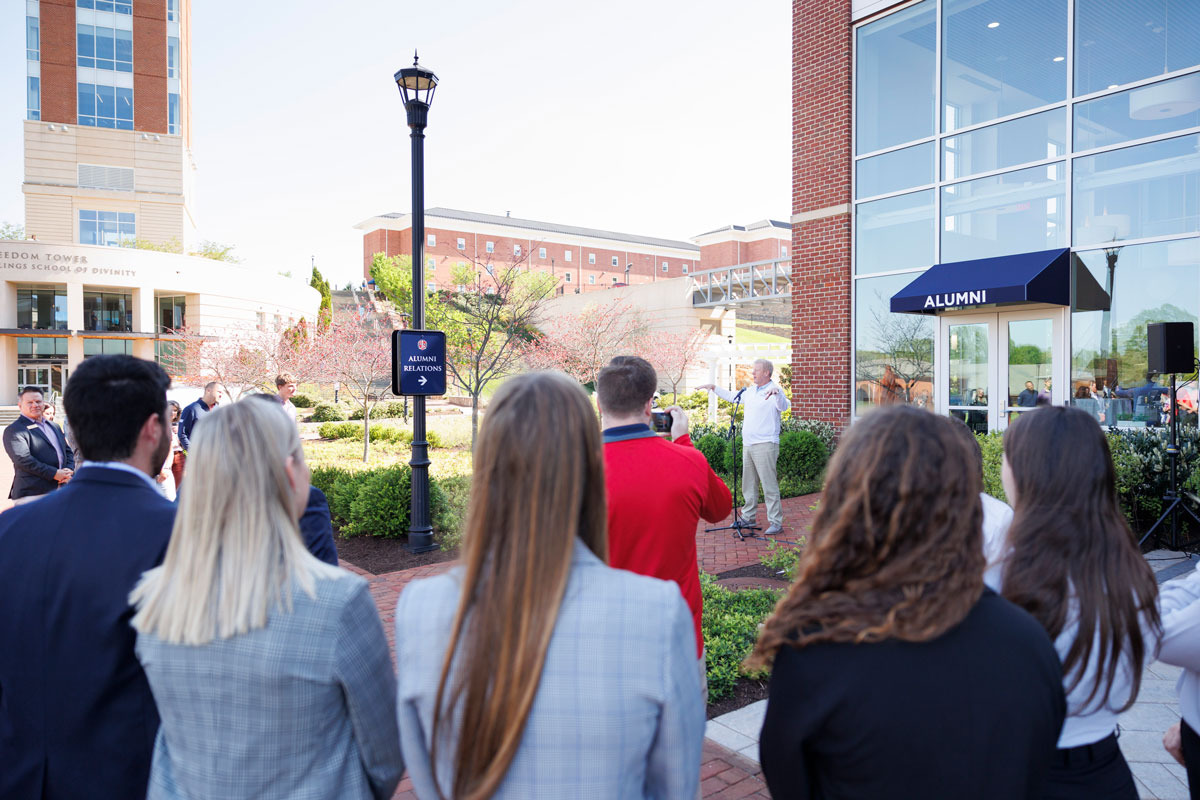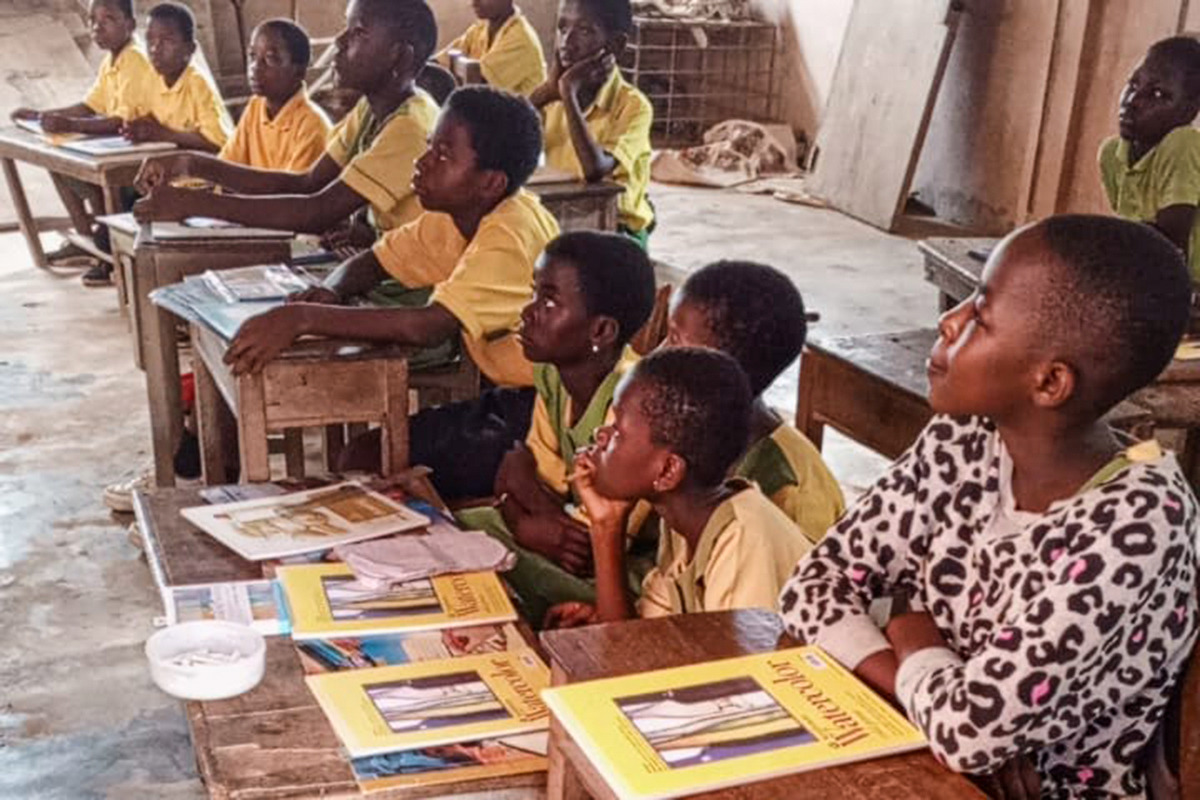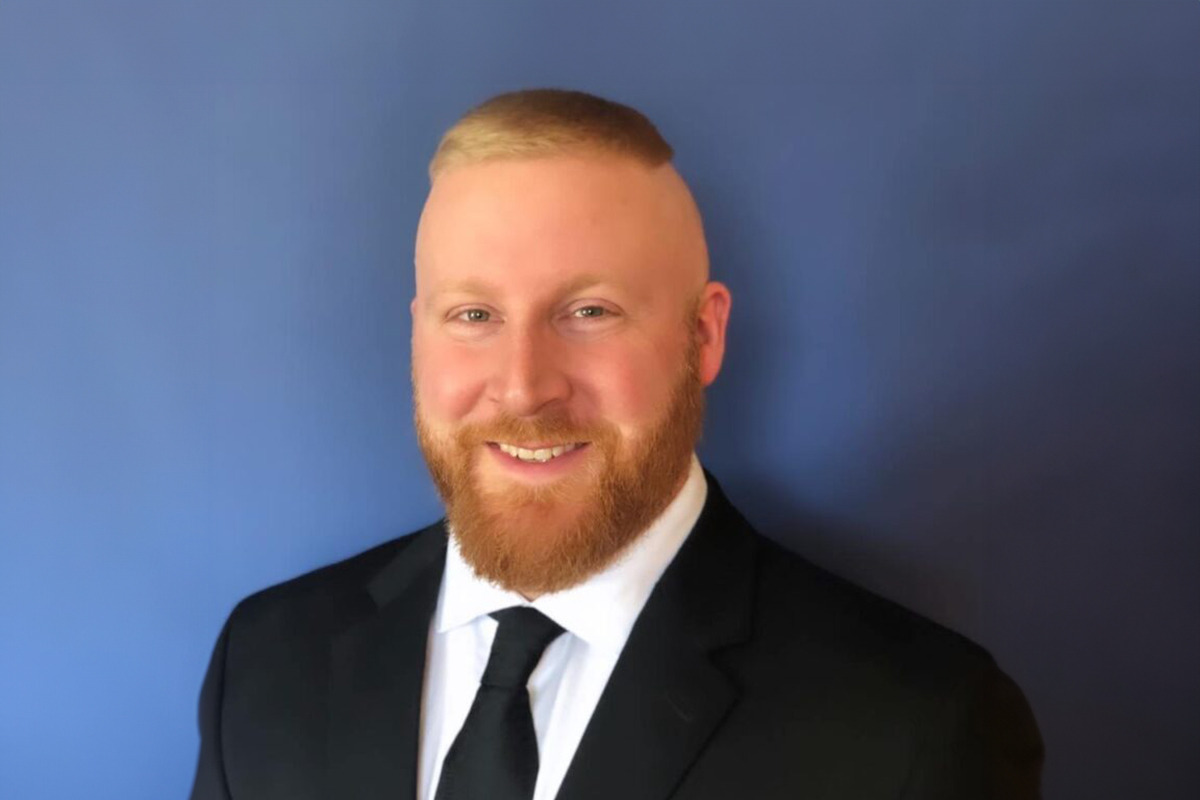Search News Archives
Filter News Articles
Additional Navigation
Graduate of Liberty’s military resilience program dreams of opening therapeutic center to aid military caregivers
May 10, 2022 : By Jacob Couch - Office of Communications & Public Engagement
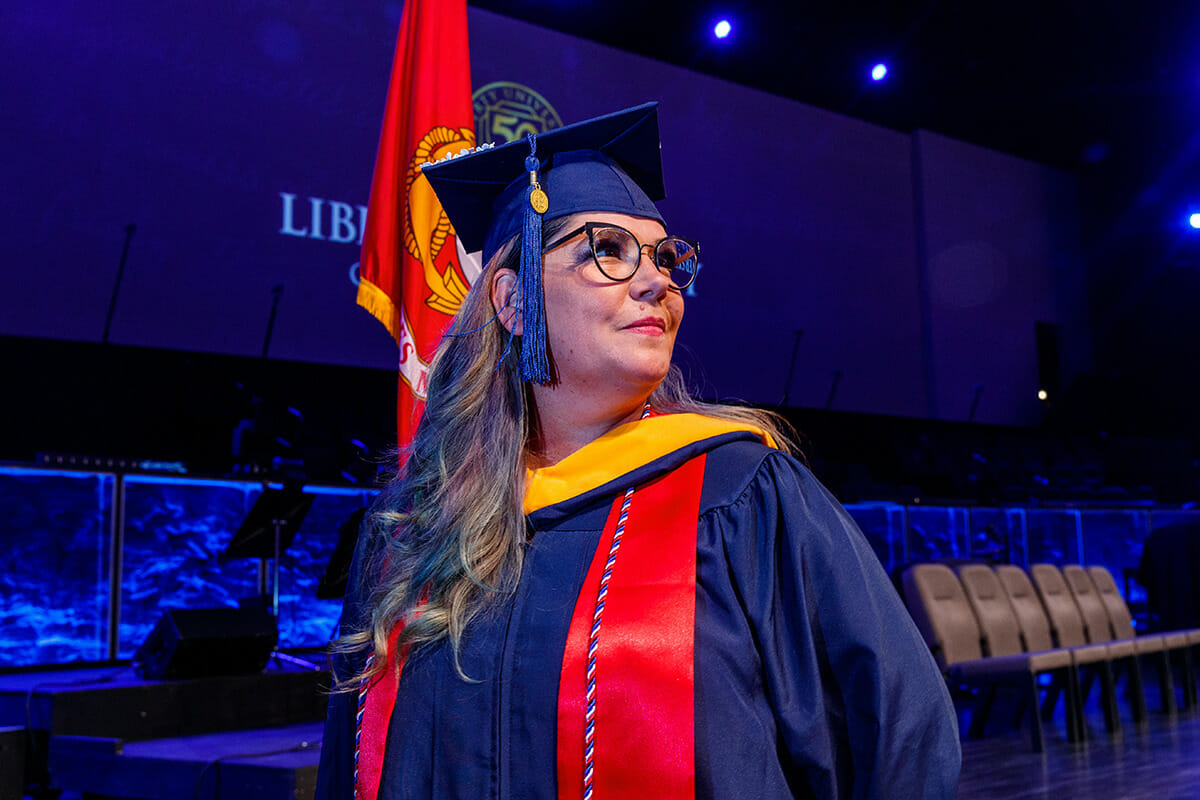
“You can give up or you can keep going.”
For recent Liberty University graduate Meredith Eckard, to “keep going” is the choice she’s made ever since her husband was medically discharged from the U.S. Marines in 2005 due to severe injuries suffered while deployed in Iraq.
On Friday, she received her B.S. in Psychology – Military Resilience through Liberty University Online Programs, a mark of her own incredible determination to not let life’s circumstances get her down.
“I’m really proud to graduate,” said Eckard, who traveled from her home in Atlanta to attend Commencement this week. “And I’m proud of Liberty and the fact that they offer this military resilience program in psychology, which is super important. It needs to be known, and it needs to be out there and spread that there are military people who need people to help them.”
People like her husband, Robert, a 15-year U.S. Marine veteran who was left with a brain injury after an improvised explosive device (IED) exploded in his path.
Robert overcame all the odds to earn his B.S. in Criminal Justice: Homeland Security from Liberty in 2019. His experience showed her the flexibility of Liberty’s Online Programs, prompting her to follow suit in 2020.
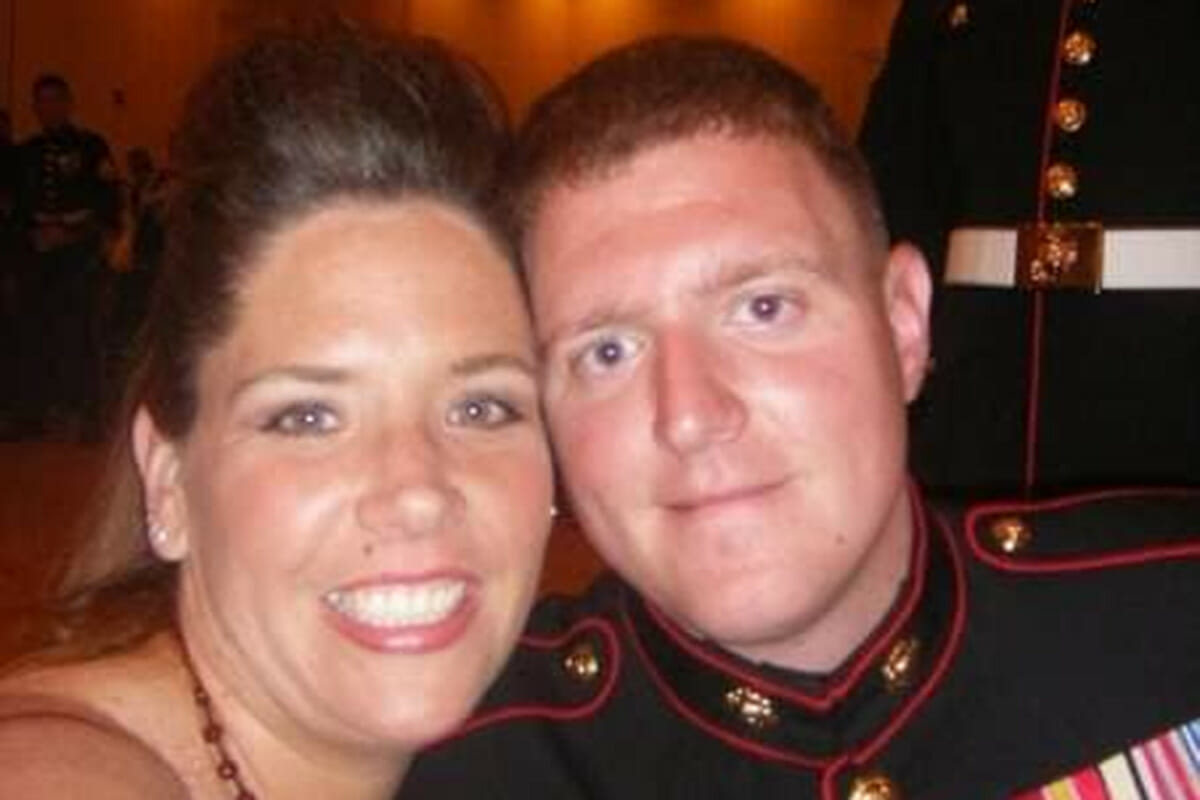
But when Robert fell seriously ill with COVID-19 last year and spent 30 days in the ICU with a small chance of survival, Eckard had little time in the day for school work. While caring for him and their children, she was still determined to stay on track with her course load and finish in two years as planned.
“When you think you can’t, you actually can,” Eckard said. “And Liberty’s Online Program makes it to where you can fit it into any part of your day.”
Although Eckard has worked to support her family for many years through higher-level marketing and sales, her dream is to open a therapeutic retreat center to serve military spouse caregivers. She is hopeful that the center will open in 2024.
“I have the entire business plan write-up already done,” she said. “It’s just getting the grants in place to buy the property.”
This is where her new degree comes into play.
“The legitimacy of having the degree helps you secure grants,” she said. “Even though I know how to begin this center and can run it, having that degree is super important to getting it off the ground.”
The degree, along with the struggles that her own family has gone through, has prepared her to help other military families deal with the physical, mental, and spiritual challenges that come with military service.
Eckard said that includes the more obvious struggles of maintaining a family life while being apart. She said while Robert was away (he was deployed on four tours to Iraq and one to Afghanistan), many people would tell her that they did not know how she was able to continue on.
“You have choices. You can do it, or you cannot do it,” she said. “Once you’re in that position of being a military spouse and having children, you can’t give up. You can’t just say, ‘Oh, today I’m quitting.’ That’s not an option. I guess for some people it is and so you just get divorced, but that was never an option for me.”
Through her studies, Eckard has also focused on the effects of PTSD (post-traumatic stress disorder) on family members and another common issue: secondary PTSD trauma.
“Children of parents who come home from war with PTSD get their own (secondary) PTSD from the level of worry that they have and the unknowns that they’re dealing with,” she said. “They don’t know what is going to go on in their household, because they hear of other kids who have parents commit suicide because they have PTSD and that causes them worry.”
Eckard has done her best to help their teenage sons, Mason and Timothy, any way possible.
“Our house is pretty good on this,” she said. “We have very open communication about PTSD and how it affects you.”
She explained that many children also experience feelings of abandonment when their parents do not return home the same, which can take form through obsessive compulsive disorder among other difficulties as the children become teenagers.
“It’s a big, ugly cycle,” she said.
In the same way she has worked to help her husband and sons recover from physical and emotional wounds surrounding his military combat injuries, she will use her degree to help other veterans and families heal from theirs.
